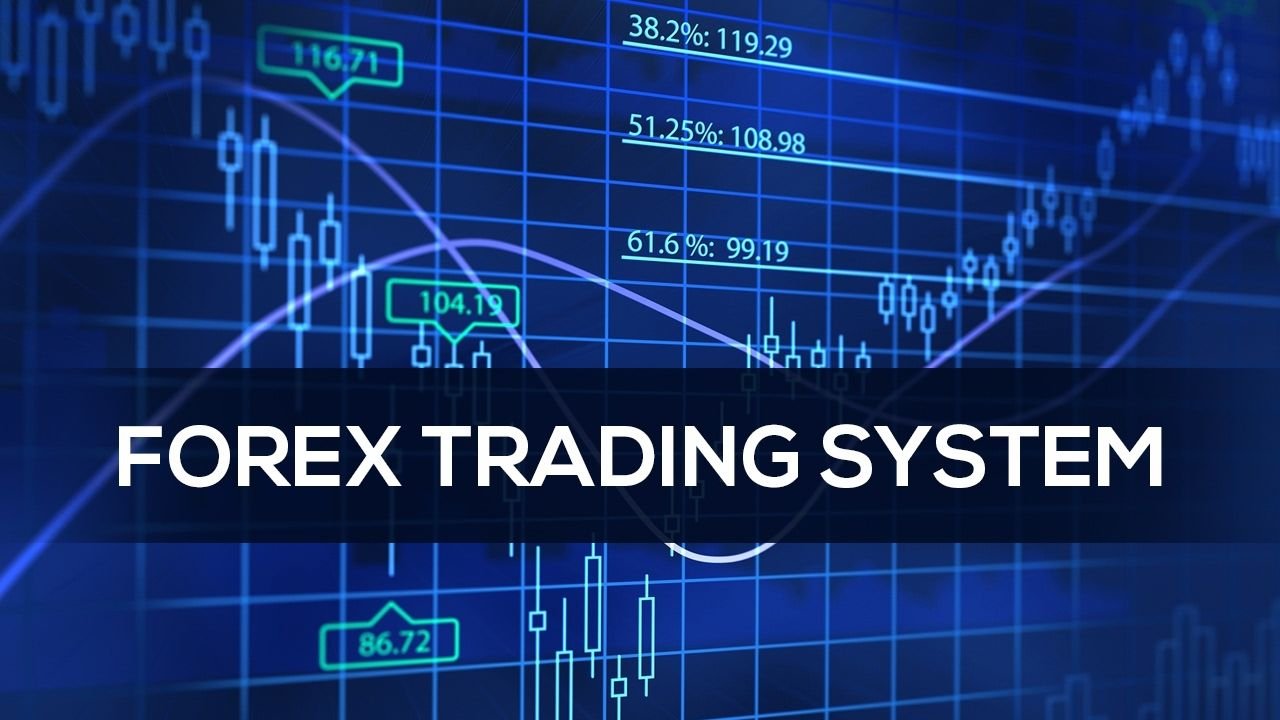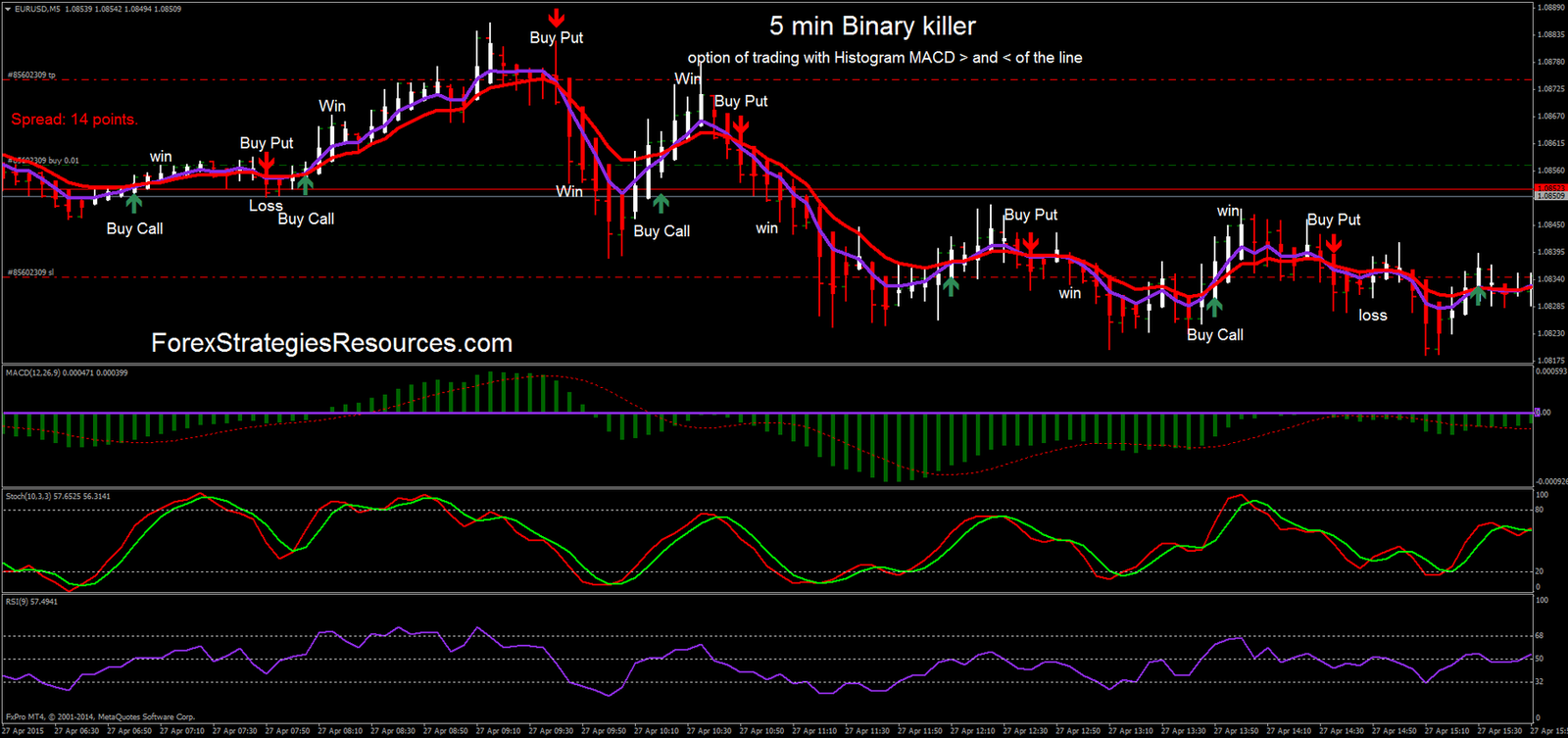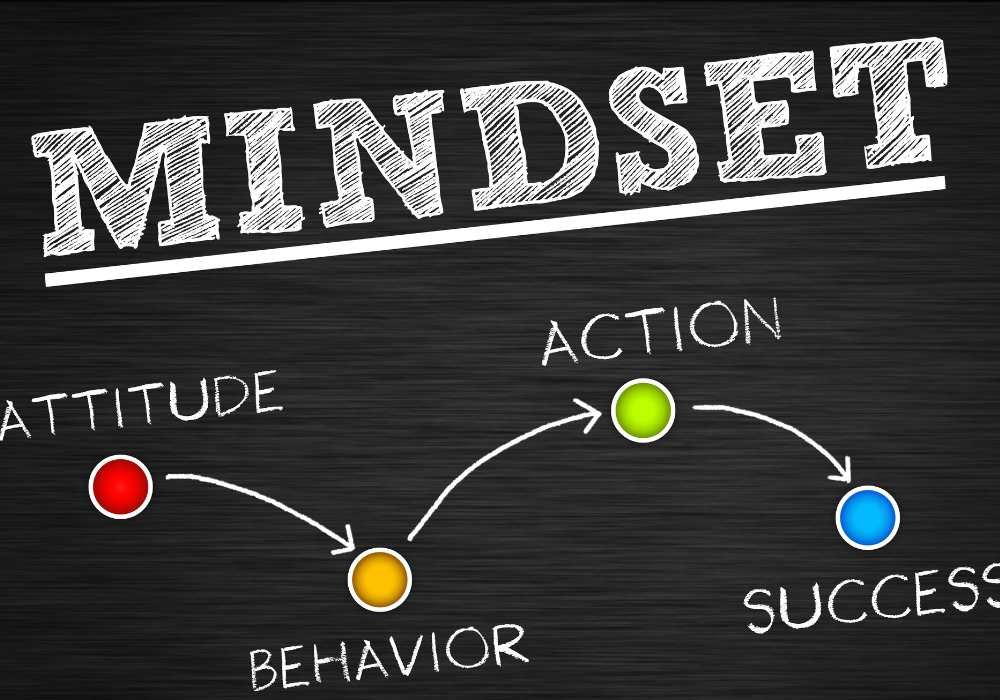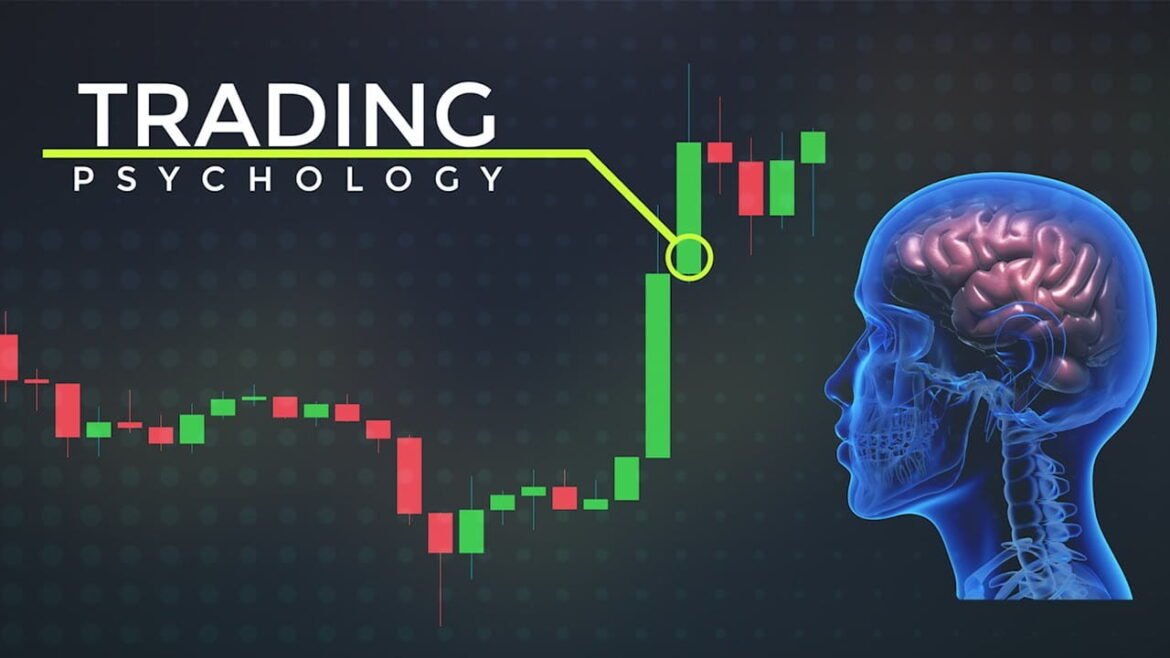The Importance of Trading Psychology in Forex
Forex trading in the forex market is an unceasing business opportunity with drawbacks. Most trading techniques depend on technical analysis, strategies, and economic reports, leaving out one major factor determining trade results: trading psychology. Trading psychology is the mental condition determining a trader’s decision-making process. Knowing and controlling trading psychology is equally important because raw chart reading or supreme strategies can be tremendously influenced by such psychological factors as fear, greed, and hope.
Understanding Trading Psychology

To a greater extent, trading psychology refers to how a trader’s state of mind determines his or her behavior in the market. It is important to understand that even if a trader is very good at analyzing the market for trends, price movements, and financial news, the trader can almost certainly overlook how it affects him emotionally. It is as much about gaining the ability to control emotions and stick to the person’s trading plan during stress. The most effective traders can be defined as those who have no problems controlling their emotions while making a decision, and they can be rational in choosing the right tactics in light of current trends in the stock market.
The Role of Emotions in Forex Trading
Passions are particularly central to the destiny of the forex trader as either a winner or a loser. The discussion comprises traders’ feelings, including fear and greed, forcing the traders to make unauthorized decisions by the trading planner. Greed, for example, will make the trader exit with profits in a given market, fearing that the market might reverse in the wrong direction. On the other hand, greed might justify unnecessarily holding a deeply negative position with the view that the market will ultimately change and turn in its favor. These emotional responses can destroy potential revenues and result in huge losses. That means that emotions are acknowledged; however, the trader must avoid allowing them to dictate his/her actions in the trading process.
How Fear Affects Trading Decisions
Many such fears are often constant; they are one of the most universal emotions in forex trading. For instance, a trader may omit to enter a trade because of the perceived risk of losing his/her money, even when all signs are going for a good trade. On the other hand, a trader might close a trade before attaining its correct targets due to fear that a market reversal could reverse the gains. Managing fear is also a big factor in risk management as this tends to make traders place tight stop losses that cause them to get out of the market before they can move in their direction. Some issues under trading psychology include handling fear and building confidence with the analysis and decisions made.
Greed: The Silent Killer in Forex Trading

I owe this to greed, a toxic force often driving people when trading on forex. Selfish, dull-headed traders continue to grab quick profits by trading with high leverage, over-trading, or trending in highly volatile pairs without appropriate research. Selfishness may also lead traders to disregard their stop-loss orders to recover any potential market turn from their losses. Earnings could be realized largely, but with no plan, the result is overwhelming loss. Successful trading psychology is about acknowledging the effects of greed and slavishly adhering to the confines of Reason. Those who can reign in their greed will be more likely to make rational decisions and ultimately achieve high levels of profitability.
Overcoming Impulse and Revenge Trading
Impulse trading can be described as making a trade without analysis due to excitement, fear, or frustration. For example, a trader may enter a trade because he observed some volatility in the price without asking if the price discrepancy is relevant to his trading plan. Another negative behavior is revenge trading, where a trader searches to cut losses by making more trades at high risk in the same period. Both behaviors can lead to additional losses since decisions resulting from being emotional are worse than those made logically. Building favorable trading psychology assists the trader in maintaining and following a plan and not acting on emotions.
The Importance of Patience and Discipline
It also needs lots of patience and discipline to become a good forex trader in the global market. PATIENCE enables the trader to wait for the right signals rather than force a trade in a given market that does not suit the trader. The biggest mistake that many traders make is frequent trading or over trading, which is taking multiple trades without knowing what is happening just because they want to stay active in the market. This often results in the formation of mechanisms, situations, or even working conditions that can be rated as suboptimal. By definition, it means that. On the other hand, discipline helps the trader stay within a well-defined trading plan /charting techniques and money management strategies that do not allow their trading emotions to play a role. A highly developed concept of trading psychology also ensures that traders can manage their emotions properly and thus produce better performances in the trading markets.
Managing Stress in Forex Trading
Trading in the forex market can be burdensome, especially during move time volatility. Specifically, traders tend to be under pressure to make decisions quickly, so they get stressed. Stress hampers decision-making and can make people act emotionally over things like panicking to sell or buy their stocks. Hence, managing stress has always been a fundamental aspect of trading psychology. Staying healthy can, however, be achieved by the traders: taking breaks in between and using relaxation exercises to keep off the stress that may arise from work to the extreme, resulting in a distorted work-life balance. Another thing traders should avoid is exposing themselves to the markets too much and managing their trading hours. Thus, stress is inimical to the trader’s well-being and, thus, to good trading because it interferes with one’s ability to concentrate and draw the right conclusions.
Building Confidence Through Trading Psychology
Two lastly, confidence is an important factor in trading. For traders to get direct value from the analysis and strategies, they have to have faith in the analysis, strategies, and decision-making process to allow for clear execution of the trades. Any competency, especially confidence, is not the same as having overconfidence. Overconfident traders could be seen to make risky decisions or completely disregard their risk management plans, resulting in loss-making. Real confidence and assertiveness come from a wealth of experience, education, and a strong background understanding of market competitiveness. An efficient trader with sound trading psychology is confident with his/her map and course of action even when the market is against him/her. They understand that there will always be losses made in business, and even though they stick to their plan like a hawk, the results will eventually show themselves after some time.
The Role of a Trading Plan in Forex Psychology
The trading plan is widely considered one of the most vital tools of any trader; the map defines goals, entry and exit strategies, risk management rules, etc. Nonetheless, strict adherence to a trading plan depends on a trader, primarily when the market experiences emotional changes. When traders lack a good trading psychology, they dump their trading plan and resort to impulse in the changing markets. For instance, fear will lead the trader to go against the risk management strategy, or greed will lead the trader to take trades that do not fit into the strategy. A disciplined attitude is well boosted by good trading psychology, whereby a trader is disciplined enough to follow the set plan and perform the trade without being influenced by emotions.
How Trading Psychology Impacts Risk Management
Risk management is a core part of every trading plan, and trading psychology contributes to risk management. A trader with good trading psychology knows when and where to place stop loss orders, how to approach position sizing, and how not to overleverage his account. A trader may feel fear and open more positions than he would normally feel comfortable doing or move stop-loss orders to avoid upside-down risks. With a sound state of mind, traders can effectively manage the risk exposure by making decisions that safeguard the capital and ensure the firm gets an excellent chance to make profits regularly in the future.
The Benefits of Mindfulness and Self-Awareness
Therefore, being mindful and learning to be self-aware are two of the biggest assets of trading psychology. There is growing interest in understanding mindfulness, which refers to paying attention to one’s experiences in the present moment or the ability to focus one’s awareness in a particular and special way. Providing traders with such an approach to its practice will be useful in minimizing the influence of previous failures or desired profit shortly. On the other hand, awareness has to do with the realization of emotional stimuli and the detection of the impacts of these stimuli in making decisions. When matters of the traders are in check, they are less likely to give in to their feelings in trading, which leads to sound well, well-thought-out trading decisions.
Developing a Growth Mindset in Forex Trading

Drawing from the work of Dweck, the six-year-old’s growth mindset worked to the effect that one can acquire skills, knowledge, and abilities. Indeed, it is a fact that a true forex trader needs to have the right attitude when trading the foreign exchange market to be able to excel in the long run. Megatrends are invulnerable to failure and see every loss as a lesson to learn; traders with a growth strategy and mindset are open to tweaking their process and updating their mindful approach to trading. This mental attitude predisposes traders to remain focused, especially when they experience setbacks, failures, or losses. By embracing a growth mentality, traders can remain enthusiastic, persistent, and goal-oriented.
Conclusion
In any trading, all the expertise, technical ability, strategy, and planning mean nothing if a trader does not possess good trading psychology. They affect trading decisions in a very special way since such feelings as fear, greed, and stress impact such decisions, making them at times impulsive or irrational. What is essential here is to realize the principles of trading psychology and setting up the right, rational, patient, and conscious approach to trading that would make the overall result positive. From emotional control to following the trading plan and adopting the right attitude towards growth, the psychology of trading is the answer to the long-terraces of the forex business.



